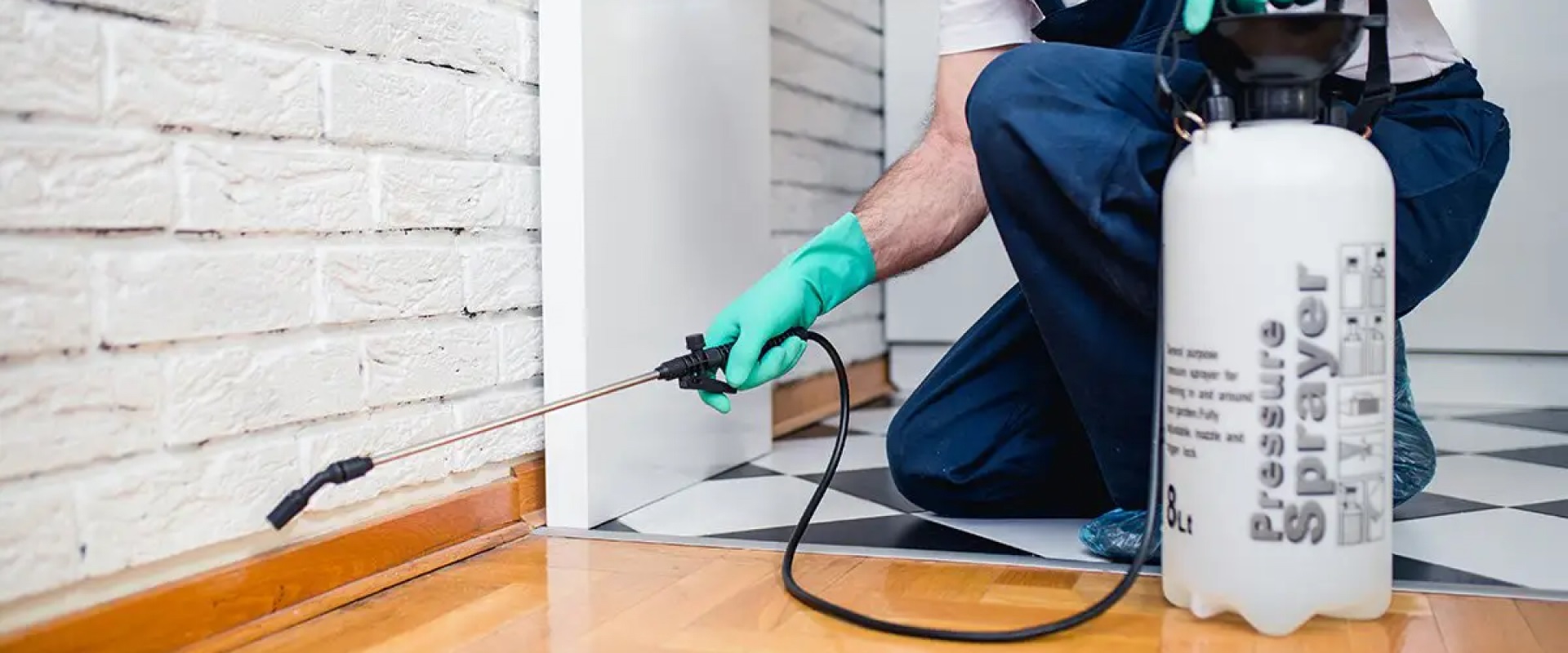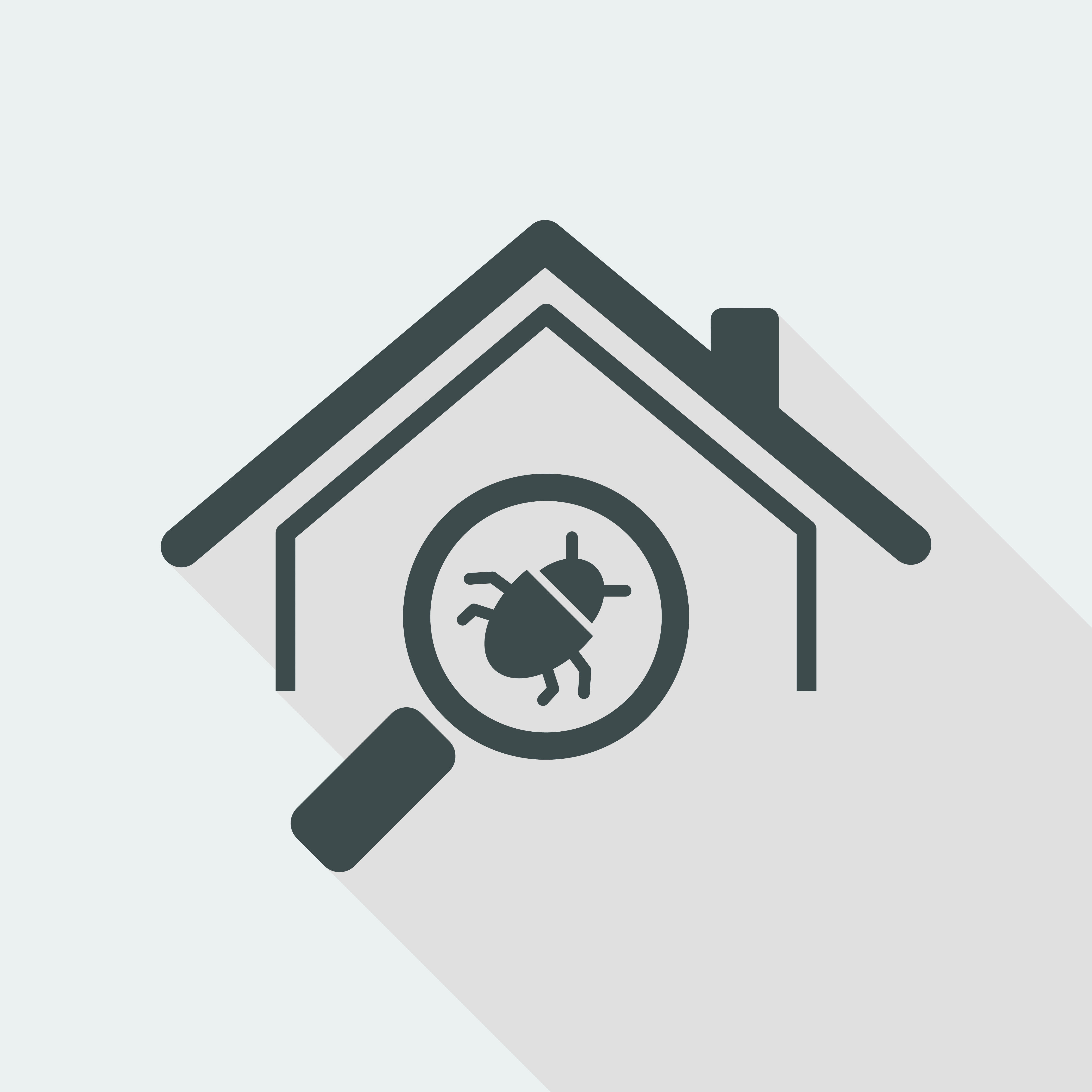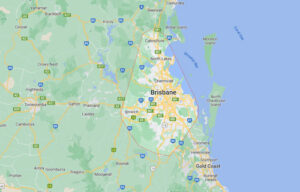
Affordable, reliable and long-lasting pest control tailored to your Brisbane home or business
Odds are you don’t think about pest control… until you’re forced to.
Whether you’re one of the thousand of Australians that have termite infestation, you’re dealing with cockroaches running through your kitchen, or you’re facing any other pest that leaves you feeling anxious and uncomfortable, we can help.
Our expert services in Brisbane are here to safeguard your home or business. With years of experience, we tackle a wide range of pests including:
- Roach Control
- Bed Bug Control
- Silverfish Control
- Tick Control
- Ant Control
- Snake Control
- Termite Control
- Spider Control
- Wasp Control
- Bee Control
- Flea Control
- Mosquito Control
- Moth Control
- Rat Control
- Possum Control
Our licensed technicians employ safe and effective methods, using eco-friendly products to minimise environmental impact. We offer tailored solutions to suit your specific needs, ensuring long-term pest prevention. Say goodbye to unwanted guests and hello to a pest-free environment.
If you want to safeguard your home from all manner of creepy crawlies, call Mr. Termite on 0411 642 351 for an obligation-free quote.
We proudly service South Brisbane, Gold Coast, Logan and Ipswich!
Brisbane’s trusted pest control experts
Between 130,000 and 180,000 Aussie homes each year suffer from termite damage. At Mr. Termite, we don’t want you to be another statistic.
We can help find the source of your problems, whether you’re dealing with termites or any other unwanted guests. Our experience takes the guesswork out of dodgy DIY jobs so you can save time and money. At all times, our products and methods are specially tailored to you and your home so we make sure we get to every nook, cranny and crevice to make sure your pest problems are a thing of the past. We understand the health of your family and pets comes first, so our treatments are safe for everyone from little kids to furry friends.
Frequently Asked Questions about Pest Control in Brisbane
How much does pest control cost in Brisbane?
General Pest Control: For common pests like ants, cockroaches, and spiders, a standard treatment for an average-sized home may cost anywhere from $150 to $300. Prices may vary based on the level of infestation and the company’s pricing structure.
Termite Inspections: Termite inspections typically cost between $150 and $300, depending on the size of the property. These inspections are essential for identifying and preventing termite damage.
Termite Treatments: Termite treatments, which can involve baiting systems or chemical barriers, can range from $1,000 to $5,000 or more, depending on the extent of the infestation and the treatment method used.
Rodent Control: Controlling rodents like rats and mice may cost between $150 and $300, depending on the severity of the problem and the chosen treatment approach.
Possum Removal: If you have a possum infestation, the cost of humane removal and sealing entry points can range from $200 to $500.
Bed Bug Treatment: Eliminating bed bugs can be more expensive, with prices ranging from $300 to $1,500 or more, depending on the size of the affected area and the severity of the infestation.
How often should I invest in pest control?
Seasonal Pest Control: Many homeowners opt for seasonal or quarterly treatments. This means scheduling pest management every three to four months. This regularity helps prevent common pests like ants, spiders, and cockroaches from establishing themselves in your home.
Annual Pest Control: For areas with milder pest issues or for properties that have never had a significant pest problem, an annual treatment may be sufficient. This can be effective for general pest prevention.
Specific Pest Infestations: If you’re dealing with a specific pest infestation, such as termites, bed bugs, or rodents, the frequency of treatments may vary. These infestations typically require more intensive and specialised treatment plans, and the professional will advise you on the appropriate schedule.
Follow-Up Treatments: After an initial treatment for a specific infestation, follow-up treatments may be necessary to ensure complete elimination and prevent re-infestation. The timing of these follow-up treatments will depend on the pest and the treatment method used.
Ongoing Maintenance: Some homeowners choose to enrol in ongoing maintenance plans offered by different companies. These plans often include regular inspections and treatments as needed, providing continuous protection against pests.
How long does it take for pest management to work?
Immediate Impact: Some treatments, such as insecticide sprays, can have an immediate impact on pests. You may notice a reduction in the pest population shortly after treatment. However, it’s important to remember that this initial reduction may not completely eliminate the infestation.
Gradual Reduction: For many pests, particularly those with hidden nests or colonies, it may take some time for the treatment to fully take effect. You might continue to see some pests for several days or even weeks after the initial treatment. This is because it can take time for the treated pests to die off, and new pests may still emerge from hidden locations.
Multiple Treatments: In cases of severe infestations or pests with life cycles that require multiple treatments (e.g., bed bugs or fleas), pest management can be an ongoing process. The professionals typically schedule follow-up treatments to ensure complete elimination.
Environmental Factors: Environmental conditions, such as temperature and humidity, can impact the effectiveness of the service. Some treatments may work better under certain conditions, so results can vary.
Type of Pest: The type of pest being targeted also influences how long it takes for the service to be effective. For example, treating flying insects like mosquitoes may yield quicker results than eliminating pests like termites, which require colony elimination.
Preventive Measures: To ensure long-term effectiveness, pest management often includes preventive measures to minimise future infestations. These measures, like sealing entry points and eliminating attractants, can take time to implement and provide ongoing protection.



